Join USAID LandLinks, Marketlinks and Agrilinks for the second webinar in a three-part series examining the constraints and opportunities surrounding property rights and responsible land-based investment (the first webinar took place in October with The Hershey Company and ECOM Agroindustrial Corporation).
Understanding and mitigating property rights risks associated with agribusiness, forestry, energy or other investments around the world is an often underappreciated component of investment decisions. USAID is working to support private sector partners to de-risk investments and secure legitimate land and property rights in order to improve livelihoods and other outcomes for communities affected by investments.
This webinar will discuss lessons learned from pilot activities in Mozambique where USAID’s Public Private Partnership for Responsible Land-Based Investment Pilot is working with Illovo Sugar, Ltd., Indufor, N.A., and Terra Firma to meet corporate commitments on land governance by improving land tenure security around their Maragra plantation. The pilot focused on sensitization, participatory mapping, verification of plot boundaries, certification, and application for government-issued rights of occupancy and use, as well as the development of a grievance mechanism for Illovo.
With a better understanding of local land conditions, land conflict, and who within communities are legitimate rights’ holders, investors, including USAID partners, will be better equipped to develop sustainable projects – ones that help to grow local economies, enhance resilience, and make investments more sustainable and profitable in the long run. Larry Riddle, Kate Mathias and Felizardo Mogole will be representing Illovo Sugar Ltd., with Sarah Lowery (USAID) moderating.
Thursday, March 8, 2018
9:00 – 10:00 am EST
Panelists
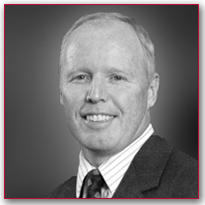 Larry Riddle
Larry Riddle
Group Corporate and External Affairs Director at Illovo Sugar, Ltd.
After qualifying as a Chartered Accountant, Larry joined Illovo Sugar in 1986. His current role is Group Corporate and External Affairs Director but has also held a number of senior management positions within Illovo. He was appointed to the Board in April 2009 as Commercial Director. Prior to that he was General Manager with overall responsibility for the South African operations and was also appointed member of the Group Executive Committee in March 2005. He is a past Chairman of South African Sugar Millers Association.
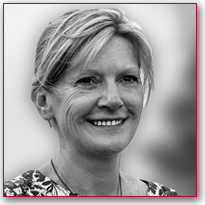 Kate Mathias
Kate Mathias
Group Development Consultant at Illovo Sugar, Ltd.
Kate Mathias is an independent agri-business and development consultant with over 18 years’ professional experience working in developing countries, particularly in the sugar industry and with other commercial crops grown in sub-Saharan Africa. Kate has been working with Illovo Sugar Africa Limited, the largest sugar processing company in Africa for more than 17 years, based previously in Tanzania and Malawi she is now located in the UK. Kate initially focused on smallholder development and community engagement, and more recently has expanded her focus to incorporating a human rights-based approach into the supply chain. Kate has been working closely with Illovo as Group Development Consultant to develop and implement its Land Guidelines and Land Road Map to ensure good governance in the area of land tenure, engaging with multiple stakeholders and sharing lessons and challenges across a wide range of platforms. Her scope of work at Illovo also includes developing and implementing a range of programs to address the challenges of climate change, child labour, living wage and promoting other social development initiatives across the group.
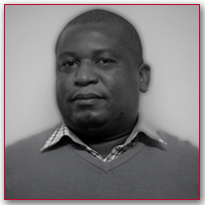 Felizardo Mogole
Felizardo Mogole
Sustainability & Development Manager at Illovo Sugar, Ltd.
Felizardo is a communications professional with more than ten years’ work experience in industry in a range of roles from Sales & Distribution of FMCG, Communication for Behaviour Change in the field of Social Marketing and Community Development, and currently holds the position of Sustainability & Development Manager at Illovo Sugar Africa’s Mozambique operation, Maragra Açúcar, SA in Manhiça District, Maputo Province. Felizardo holds a BA in Applied Linguistics and has undertaken a wide range of professional development courses to enhance his management skills. Felizardo has been instrumental in the design and implementation of a wide range of community development and sustainability initiatives at Maragra and is the company land champion responsible for the implementation of the company land rights guidelines.
Discussion Moderator
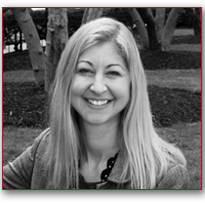 Sarah Lowery
Sarah Lowery
Economist and Public-Private Finance Specialist, USAID E3/Land and Urban Office
Ms. Lowery leads work on integrated finance for sustainable land use and responsible private sector investment. She focuses on the link between secure land tenure and inclusive economic growth and leads econometric and financial analysis related to strengthened land tenure and access to finance. Ms. Lowery holds an MBA and a master’s degree in Environmental Management from Yale University.
Ms. Lowery brings over 12 years of experience at the intersection of business, finance and the environment. Prior to joining USAID, Ms. Lowery managed the Public-Private Co-Finance Initiative at Forest Trends and has authored several papers and thought-pieces on climate finance innovations like REDD+ bonds and ways to utilize climate finance to unlock larger pools of capital-like domestic agricultural finance in the pursuit of conservation goals.


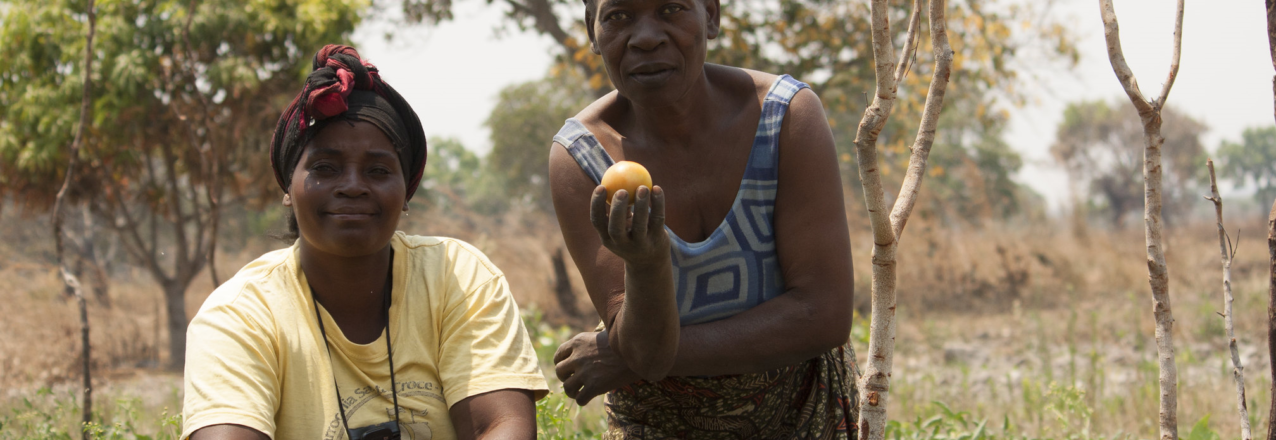
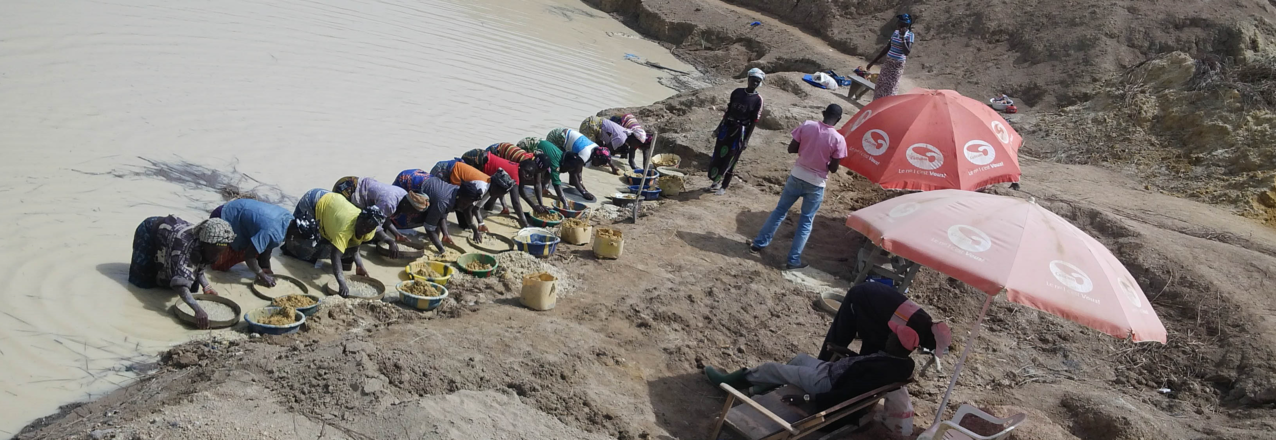
 Kim Thompson is an advisor in the E3/Land and Urban Office on issues of governance, crime and conflict in the environment sector. She leads USAID’s technical work on Artisanal and Small-Scale Mining (ASM). Kim is a career foreign service officer with over 9 years of experience at USAID. She has previously worked in the Office of Conflict, Management and Mitigation, as well as overseas at USAID Missions in the Democratic Republic of the Congo (DRC) and Thailand. At USAID/DRC, she focused on promoting responsible mineral supply chains for artisanally-mined tin, tantalum, tungsten and gold. She previously served on the Governance Committee for the Public Private Alliance for Responsible Minerals Trade.
Kim Thompson is an advisor in the E3/Land and Urban Office on issues of governance, crime and conflict in the environment sector. She leads USAID’s technical work on Artisanal and Small-Scale Mining (ASM). Kim is a career foreign service officer with over 9 years of experience at USAID. She has previously worked in the Office of Conflict, Management and Mitigation, as well as overseas at USAID Missions in the Democratic Republic of the Congo (DRC) and Thailand. At USAID/DRC, she focused on promoting responsible mineral supply chains for artisanally-mined tin, tantalum, tungsten and gold. She previously served on the Governance Committee for the Public Private Alliance for Responsible Minerals Trade.

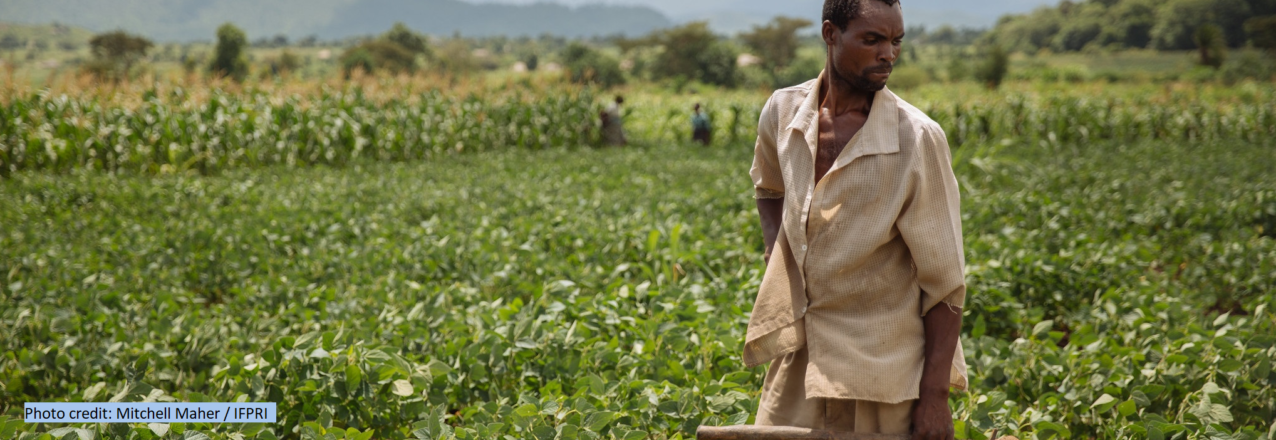
 Hosaena Ghebru (Ph.D) is Research Fellow at the Development and Governance Division of the International Food Policy Research Institute (IFPRI). Dr. Ghebru undertakes applied microeconomics research with a focus on property rights, land markets, and investment incentives. He is also specializing in gender-disaggregated impact evaluations of various land policy and governance reforms, assessing how those influence agricultural productivity and contribute to sustainable land management and intra-household welfare and bargaining power in selected African countries, including Nigeria, Mozambique, Ghana, Ethiopia, and Uganda. Dr. Ghebru is also coordinator of the “Monitoring and Evaluation of Land governance in Africa” (MELA) project, a pilot initiative designed to track progress in implementation of the African Union’s Declaration on Land Issues and Challenges in 10 selected African countries (Cote d’Ivoire, the Democratic Republic of Congo (DRC), Madagascar, Malawi, Niger, Nigeria, Rwanda, Tanzania, Uganda, and Zambia).
Hosaena Ghebru (Ph.D) is Research Fellow at the Development and Governance Division of the International Food Policy Research Institute (IFPRI). Dr. Ghebru undertakes applied microeconomics research with a focus on property rights, land markets, and investment incentives. He is also specializing in gender-disaggregated impact evaluations of various land policy and governance reforms, assessing how those influence agricultural productivity and contribute to sustainable land management and intra-household welfare and bargaining power in selected African countries, including Nigeria, Mozambique, Ghana, Ethiopia, and Uganda. Dr. Ghebru is also coordinator of the “Monitoring and Evaluation of Land governance in Africa” (MELA) project, a pilot initiative designed to track progress in implementation of the African Union’s Declaration on Land Issues and Challenges in 10 selected African countries (Cote d’Ivoire, the Democratic Republic of Congo (DRC), Madagascar, Malawi, Niger, Nigeria, Rwanda, Tanzania, Uganda, and Zambia).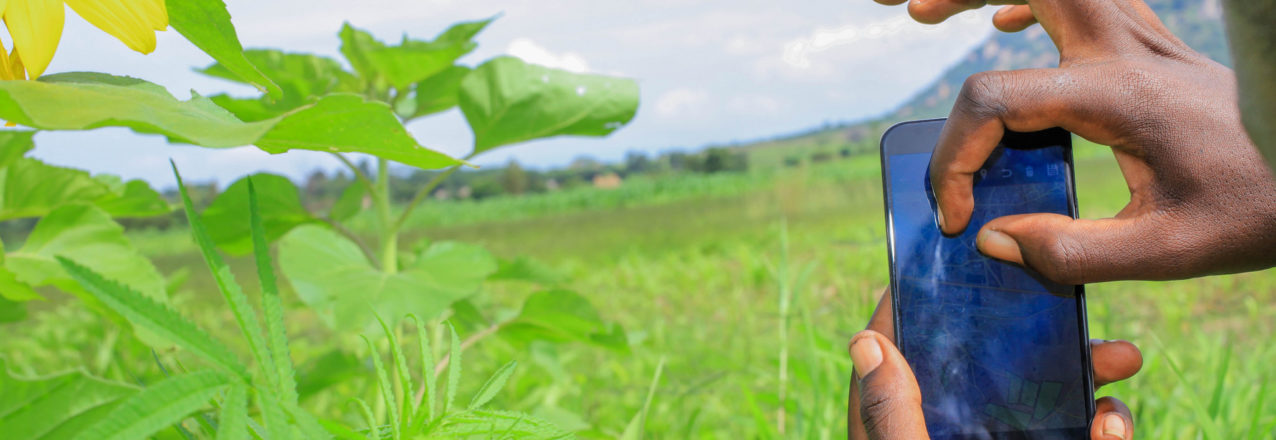
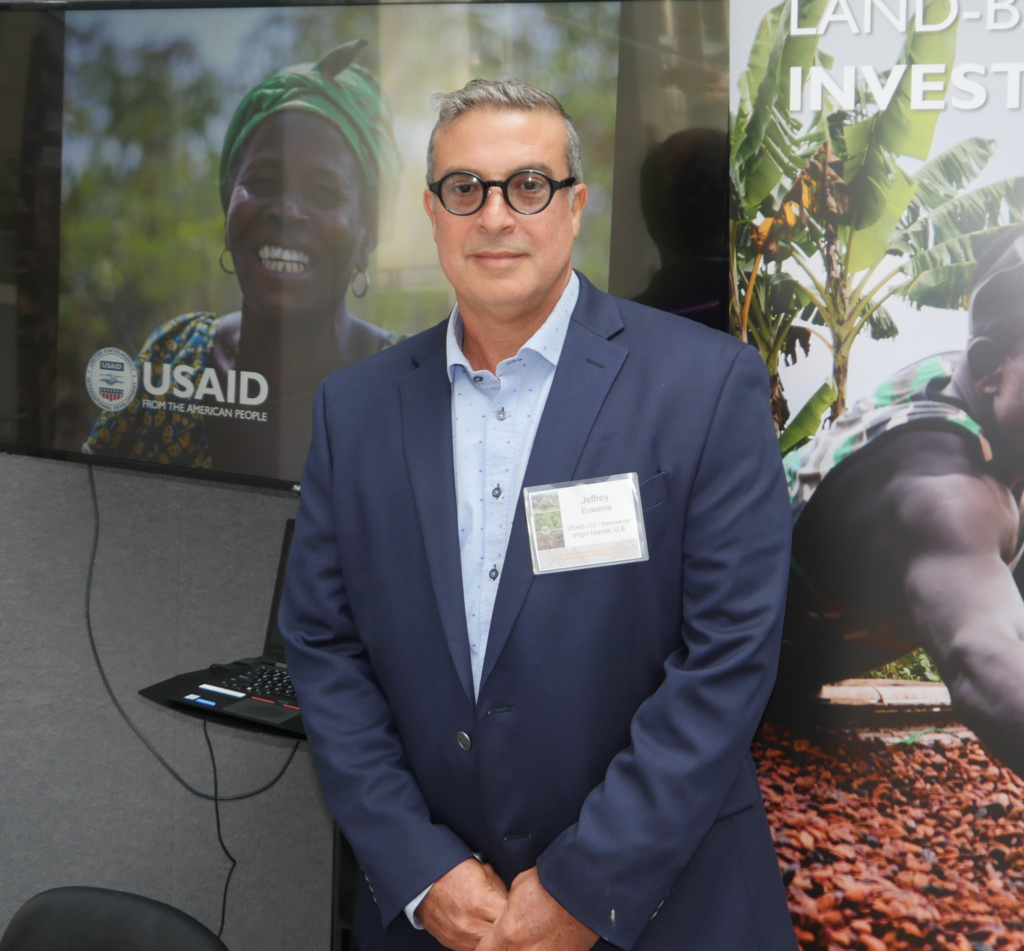 Mr. Jeffrey Euwema has worked for over 24 years as a field and home office-based project manager on international development projects, primarily focused on issues pertaining to land administration, land information management, and sustainability planning. Mr. Euwema has developed specifications for an integrated land technology platform for land documentation (Mobile Applications to Secure Tenure) and established a participatory implementation framework for its successful adaptation in rural Tanzania, Burkina Faso, and Liberia.
Mr. Jeffrey Euwema has worked for over 24 years as a field and home office-based project manager on international development projects, primarily focused on issues pertaining to land administration, land information management, and sustainability planning. Mr. Euwema has developed specifications for an integrated land technology platform for land documentation (Mobile Applications to Secure Tenure) and established a participatory implementation framework for its successful adaptation in rural Tanzania, Burkina Faso, and Liberia.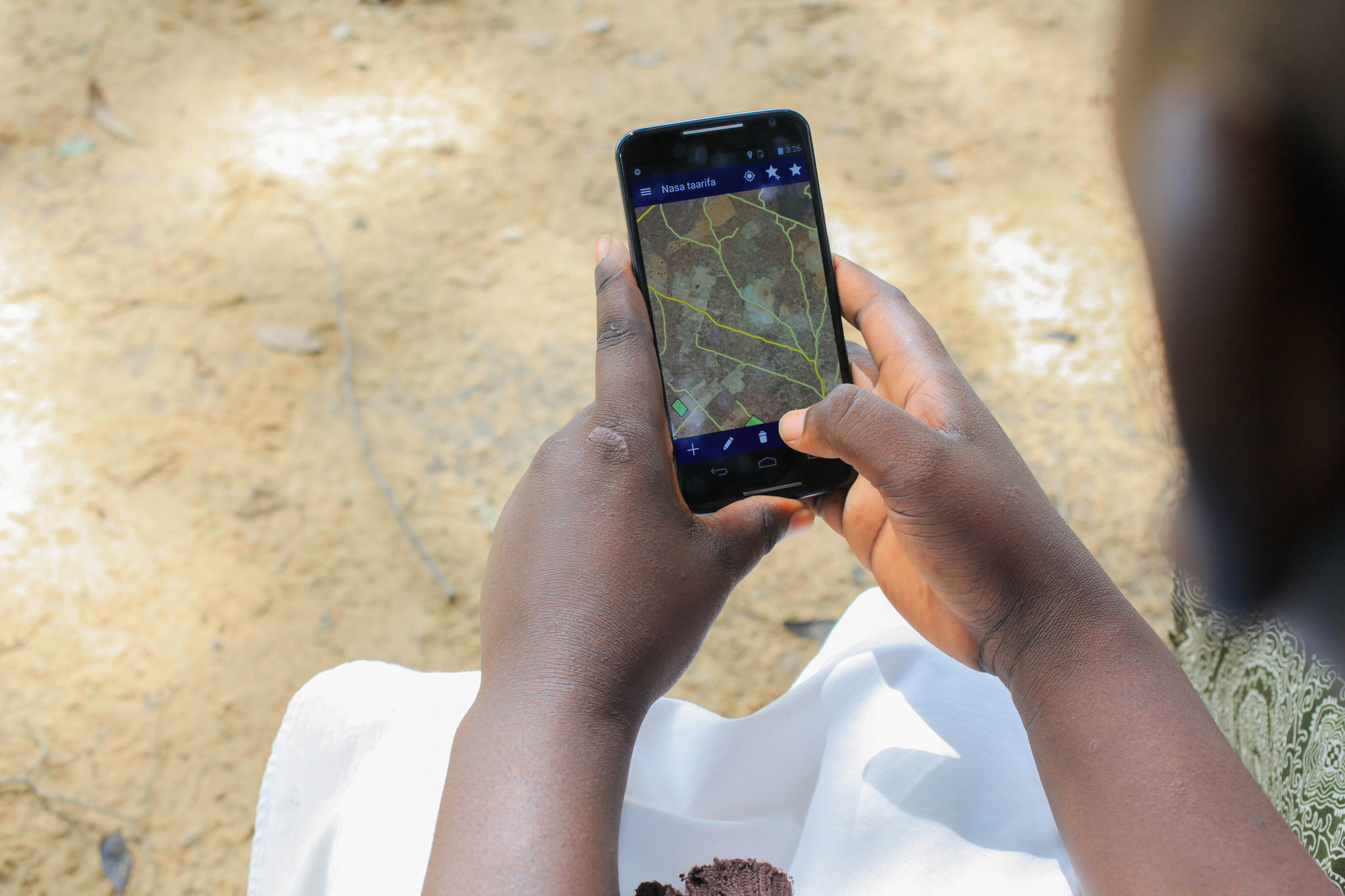
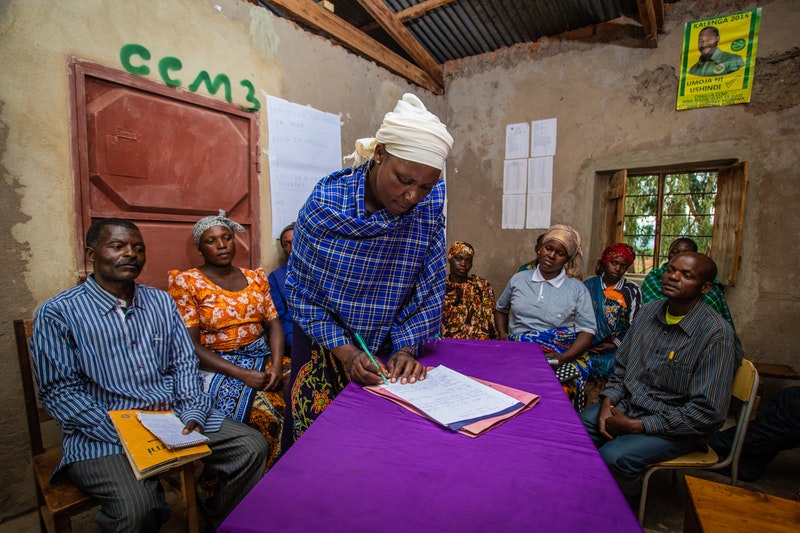
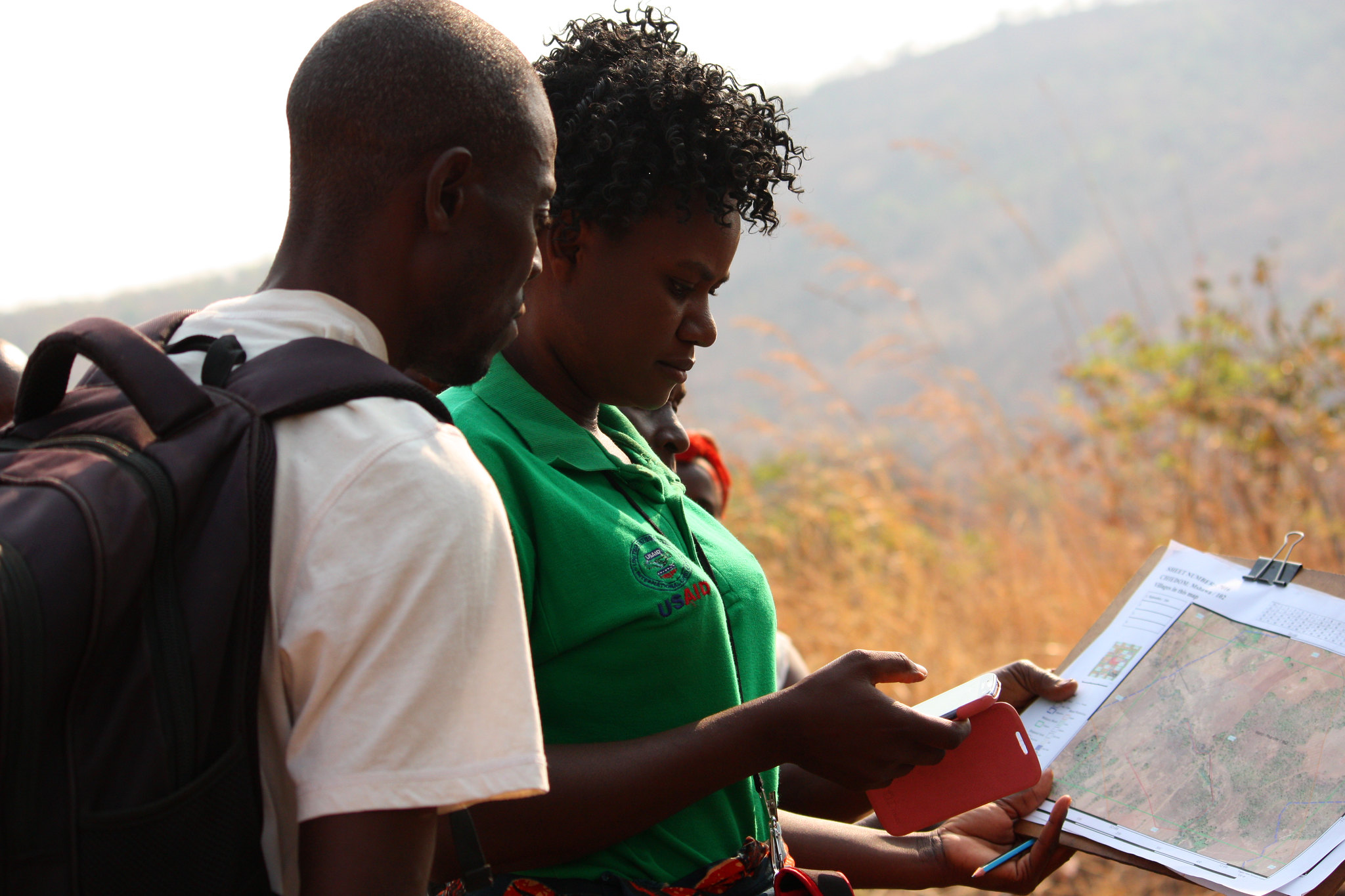
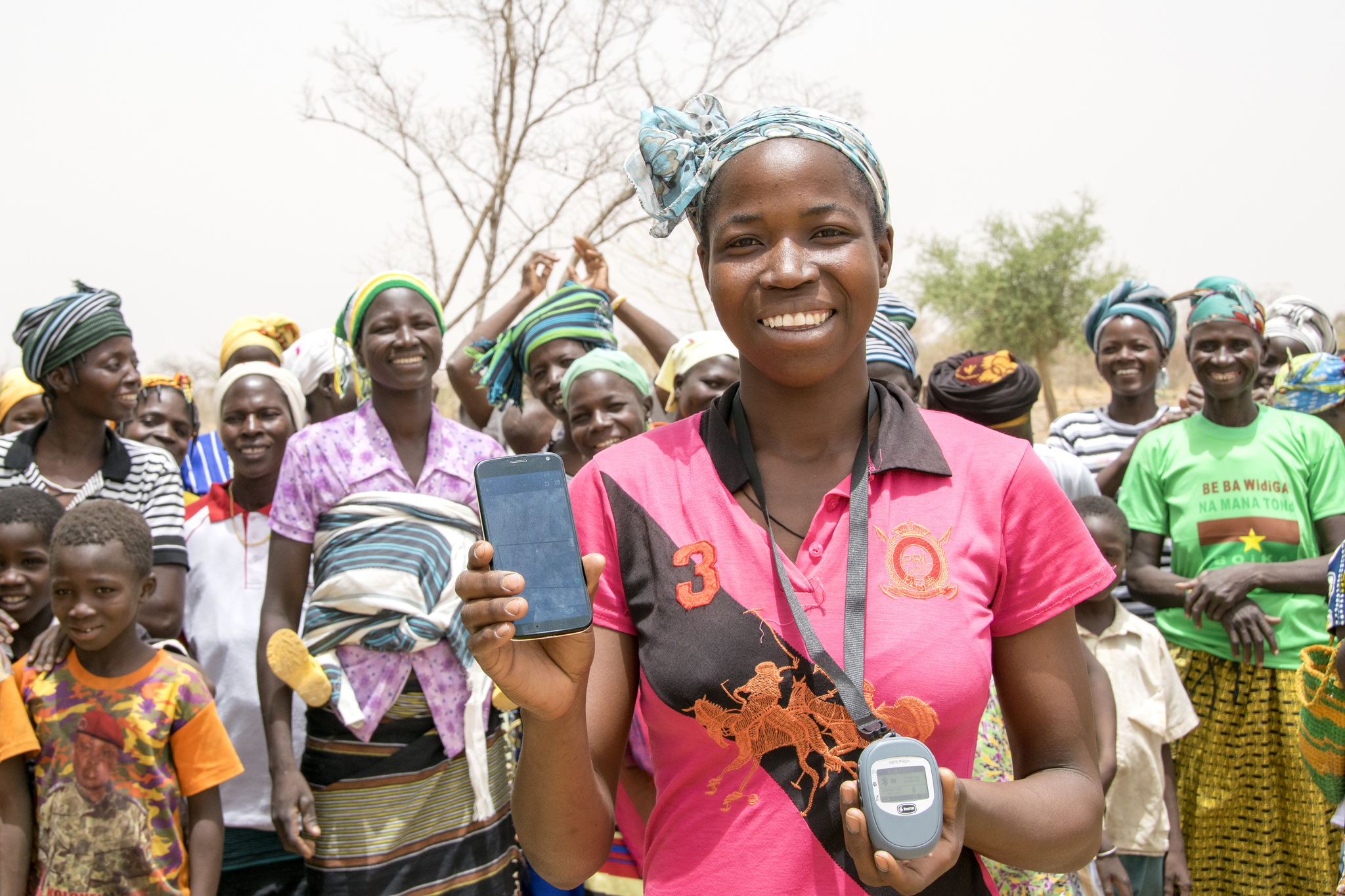
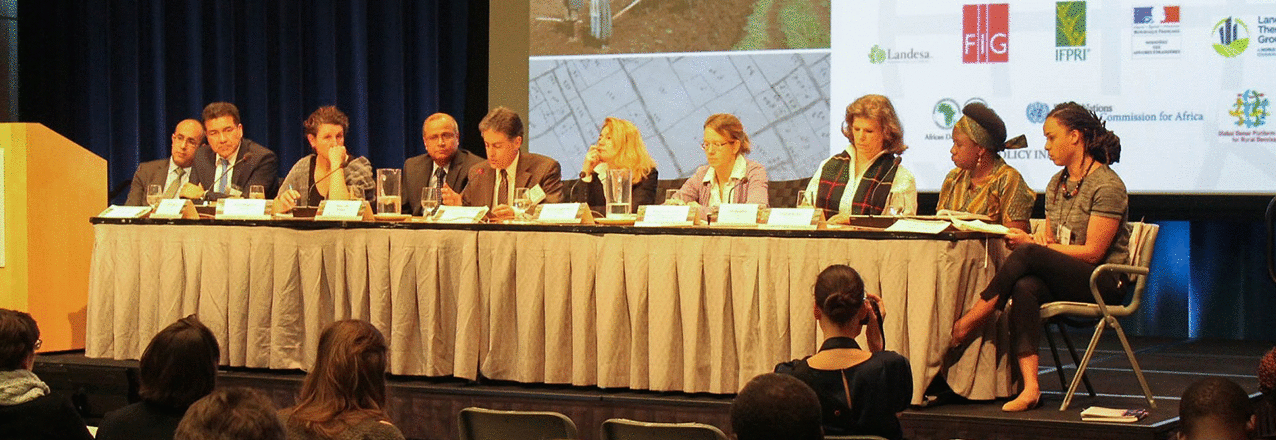
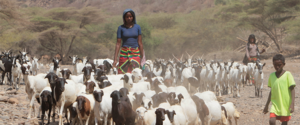
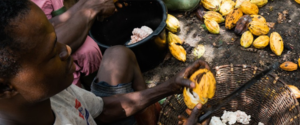
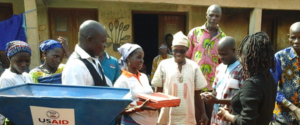
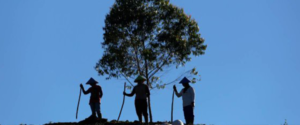
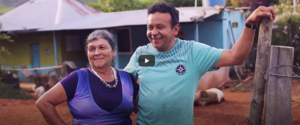
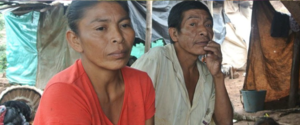
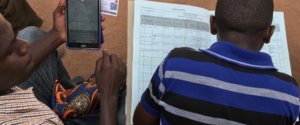
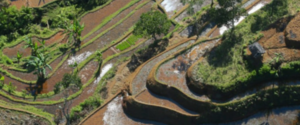
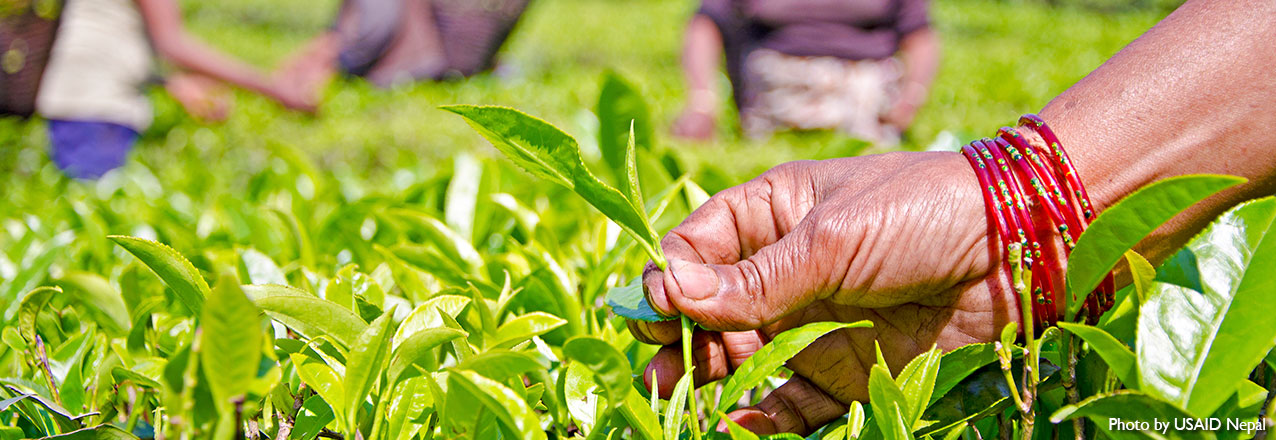
 Jeffrey Hatcher
Jeffrey Hatcher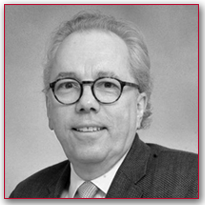 Finn Jacobsen
Finn Jacobsen Oriane Plédran
Oriane Plédran Sarah Lowery
Sarah Lowery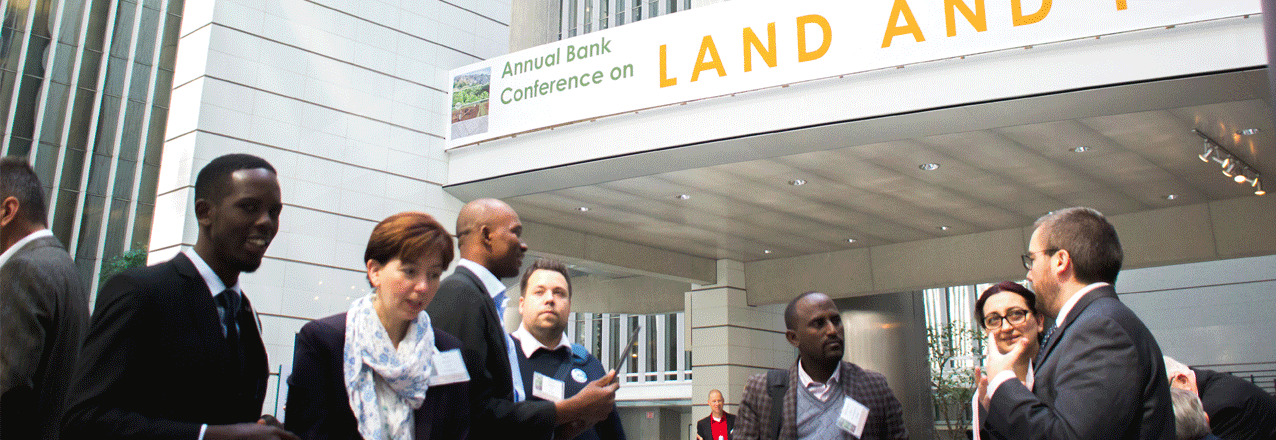
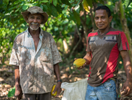
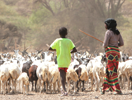
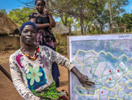
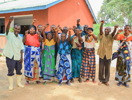
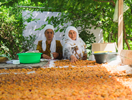
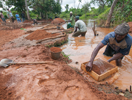
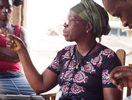
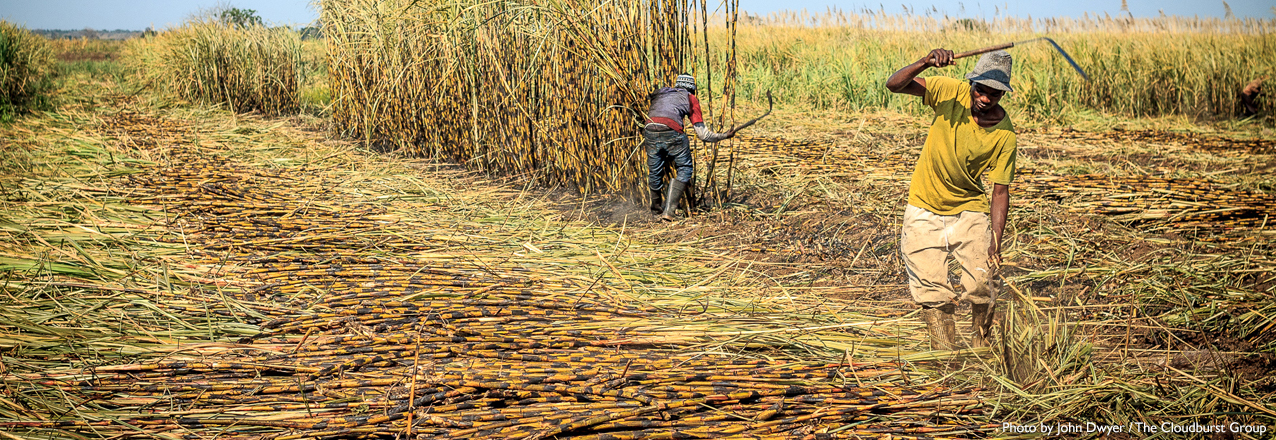
 Larry Riddle
Larry Riddle Kate Mathias
Kate Mathias Felizardo Mogole
Felizardo Mogole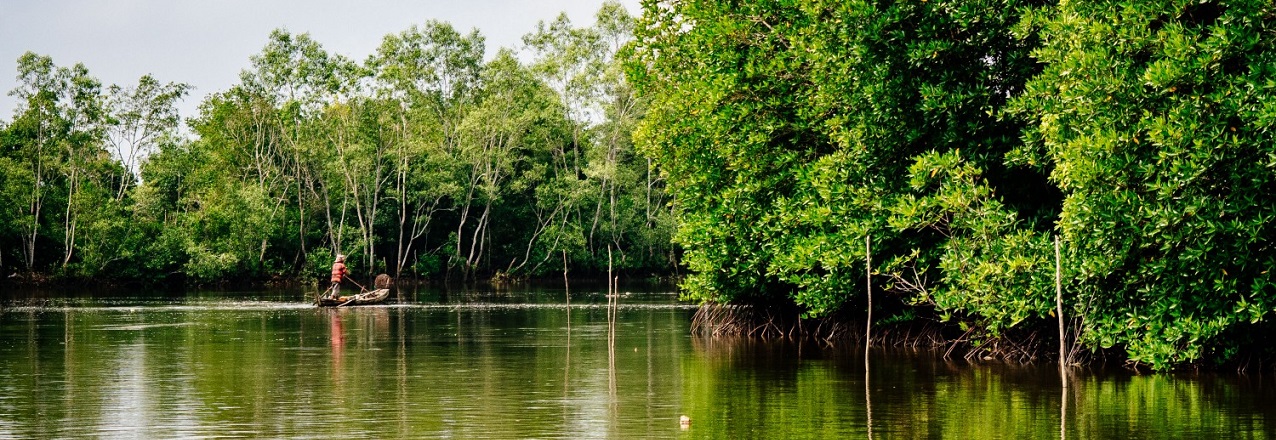
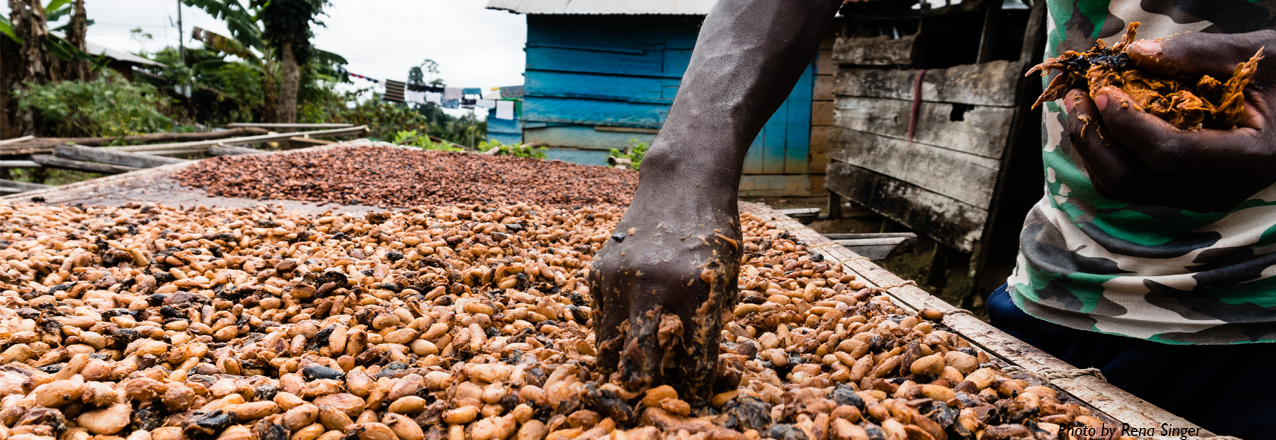
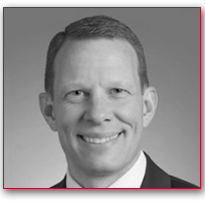 Jeff King
Jeff King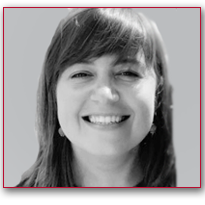 Olga Gormalova
Olga Gormalova